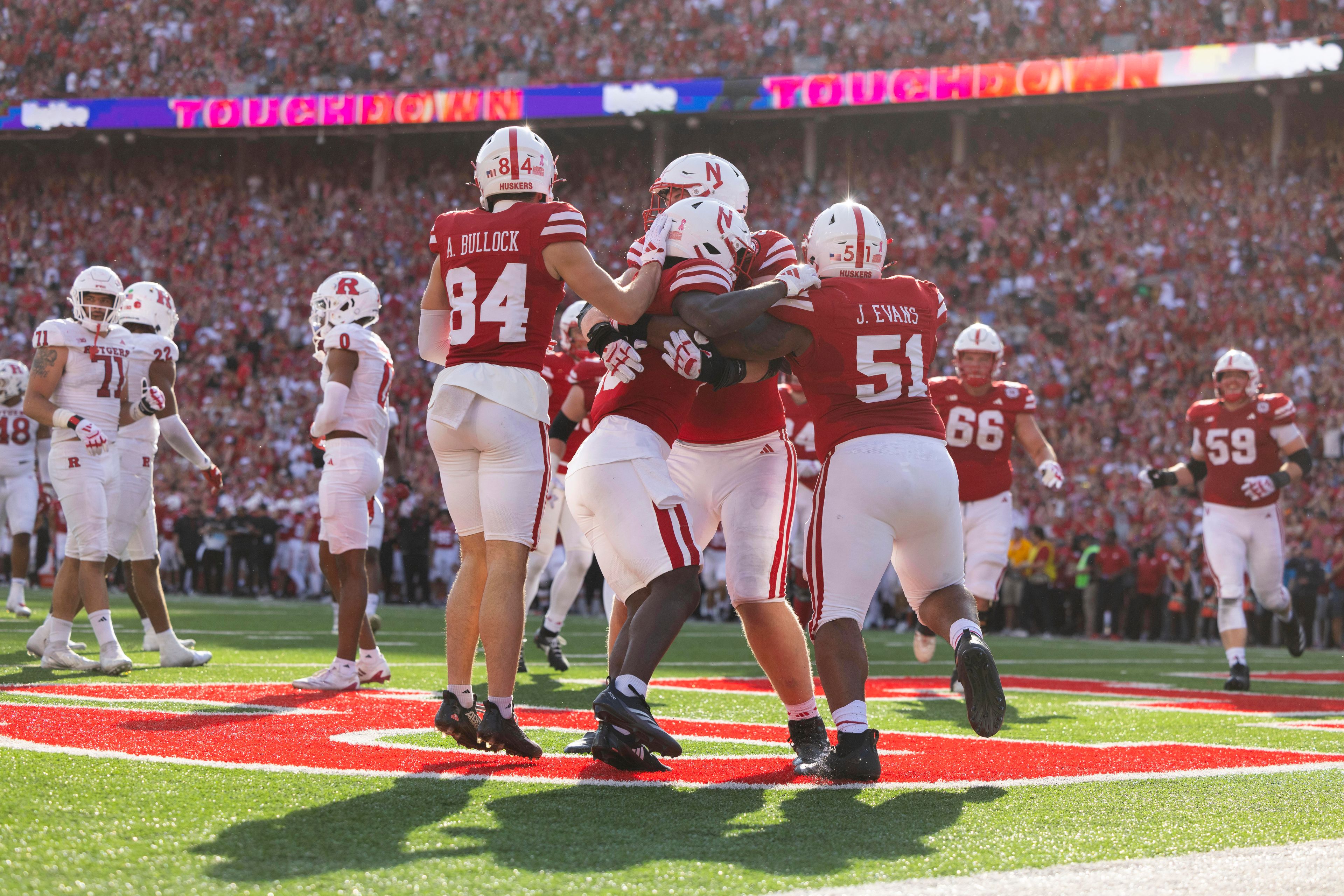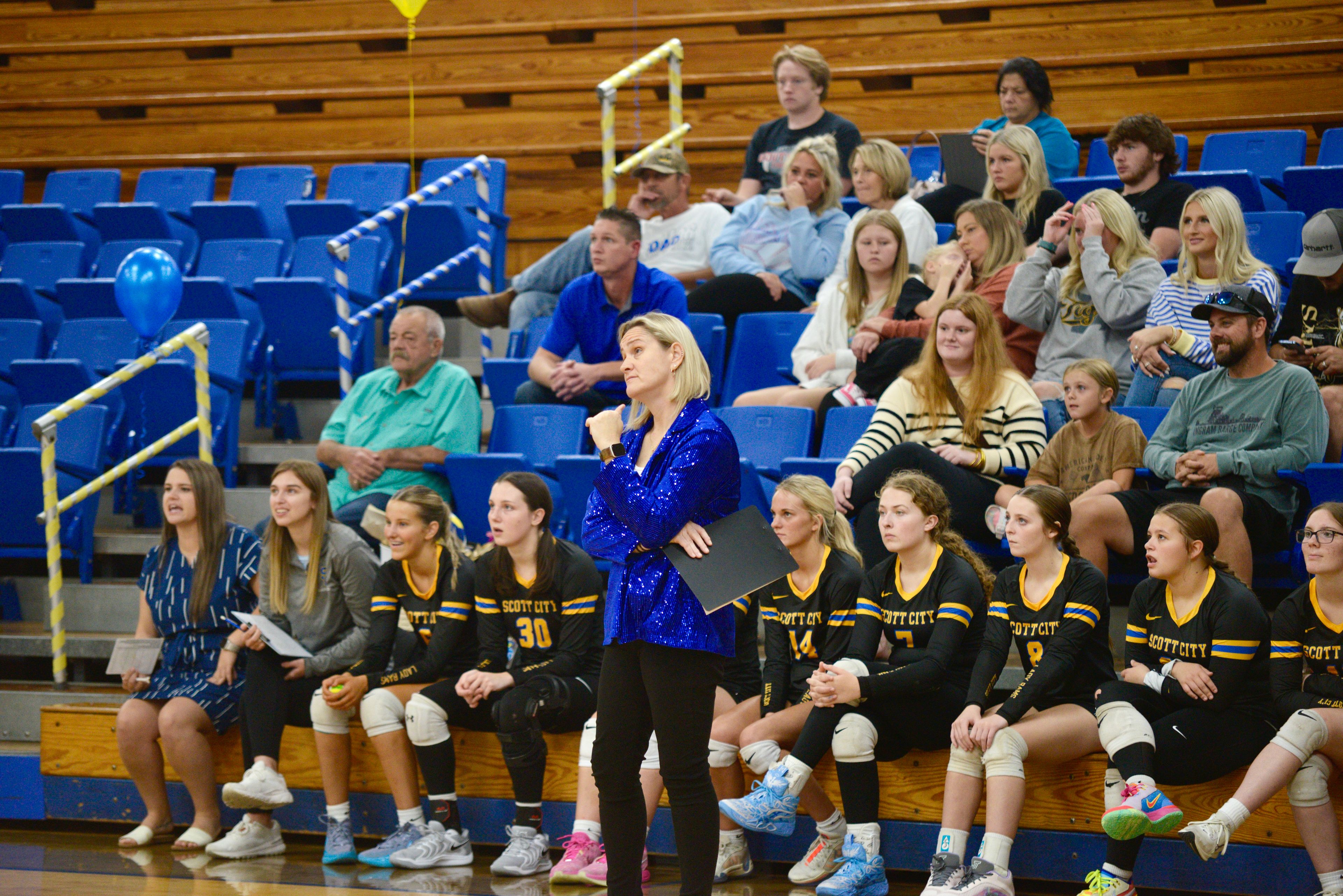After bout with cancer, SIU's Kill back on sidelines with same intensity
CARBONDALE, Ill. -- Three months since losing part of a kidney to cancer, Jerry Kill again is guiding Southern Illinois' spring workouts the only way he knows -- full throttle and no less demanding. Once a coach, always a coach for a gung-ho guy who has benched his worries about cancer, at least for now...
~ The Salukis coach had a portion of his kidney removed following the 2005 season.
CARBONDALE, Ill. -- Three months since losing part of a kidney to cancer, Jerry Kill again is guiding Southern Illinois' spring workouts the only way he knows -- full throttle and no less demanding.
Once a coach, always a coach for a gung-ho guy who has benched his worries about cancer, at least for now.
"I feel like I'm getting better each day," Kill, 44, said Wednesday, a week after the Salukis began the yearly ritual that is spring football. While calling his bout with cancer an unfolding "process," he said, "I've been going hard and strong, and hopefully that will continue."
If anything, one Salukis player submits, Kill's health issues may have emboldened him.
"He's definitely not taking it easy by any means," said quarterback Nick Hill, a former football and basketball star at DuQuoin High who'll be a junior next season. "If there's been any change, he's got more energy and seems to have more drive, more desire.
"It seems like he's got a new passion and is just thankful for being out there, like he's living each practice like it's his last," Hill added.
At least publicly, Kill has been a rock since last fall, when he weathered a series of seizures that included one on the sidelines in the waning seconds of an Oct. 15 home loss to Illinois State. At that time, the university attributed the seizures to an unspecified condition that occasionally manifested itself with such episodes but was not considered life-threatening.
Tests revealed Kill had cancer not long after the Salukis notched their biggest victory of last season, knocking off Western Kentucky -- then Division I-AA's top-ranked team -- on the road Oct. 27.
Few were told Kill had cancer, aside from the coach's family and the school's athletics director. Kill kept the secret while coaching out the rest of the season, believing the Salukis' playoffs run "kept my mind off it" and that publicly revealing the disease would distract the team.
The Salukis' season ended Dec. 3 with a loss to Appalachian State in the quarterfinals of the Division I-AA playoffs, and Kill had the tumor removed about a month later -- within the window he said doctors said he had to get it done.
Since then, Kill has taken several days off to spend with his wife, "but other than that, I haven't changed any." Translation: Work, work, work.
"I haven't changed my hours, and I'm not working any differently than I've worked the previous 23 years of spring ball" at colleges in Kansas and Michigan, he said. "I haven't changed a whole lot."
No one's challenging that.
"From talking to the guys on the team, they say he's a man on a mission. His energy level and desire and passion haven't faded," said Joel Sambursky, who last season closed out his college quarterbacking career with most of the Salukis' passing records.
"They say he's not letting up at all," added Sambursky, now the Carbondale Chamber of Commerce's executive director. "Guys have been getting a good, old-fashioned butt chewing."
No need to remind Hill, who is considered Sambursky's successor.
"He'll still get up in your face and yell at you" when you goof but offer kudos when warranted, said the left-handed quarterback.
Hill calls Kill "an inspiration."
"When you look at him and all the things he went through, the way he doesn't want anyone to feel sorry for him, taking each day like it's special -- it just puts things into perspective about how lucky we are to be playing this game for fun," Hill said. "It just seems like the team is having fun. It doesn't seem like practice but more like backyard football."
Kill downplays his ordeal.
"There's a lot of people out there who have struggled a lot worse than Jerry Kill," he said. "I'm a fortunate man."
Connect with the Southeast Missourian Newsroom:
For corrections to this story or other insights for the editor, click here. To submit a letter to the editor, click here. To learn about the Southeast Missourian’s AI Policy, click here.






